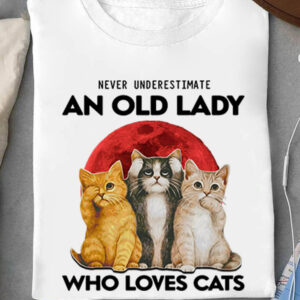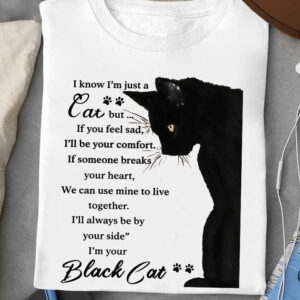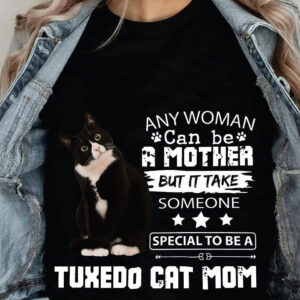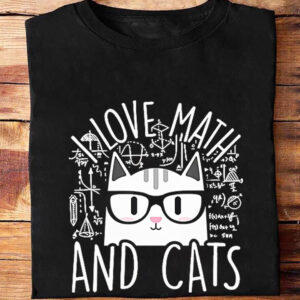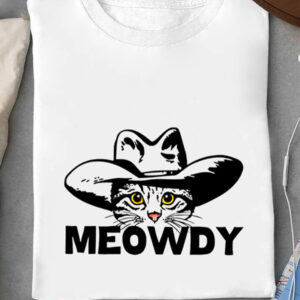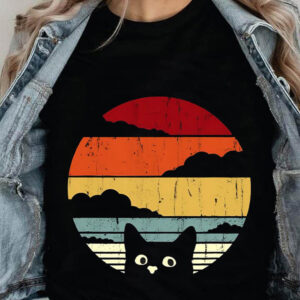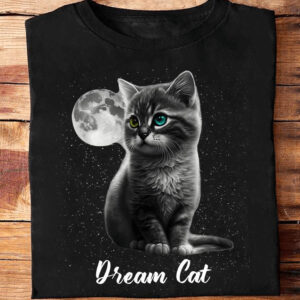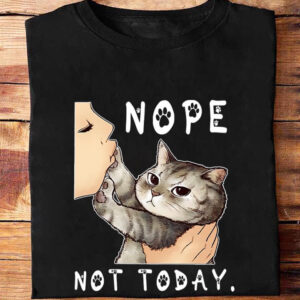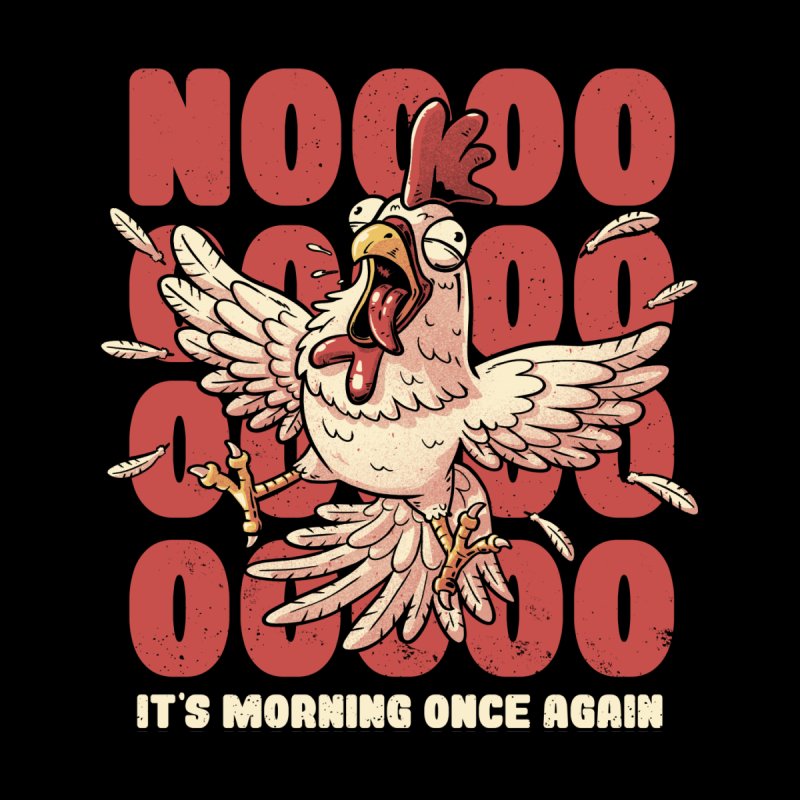Tuxedo Cat Mom: A Guide to Caring for Your Beloved Tuxedo Cat
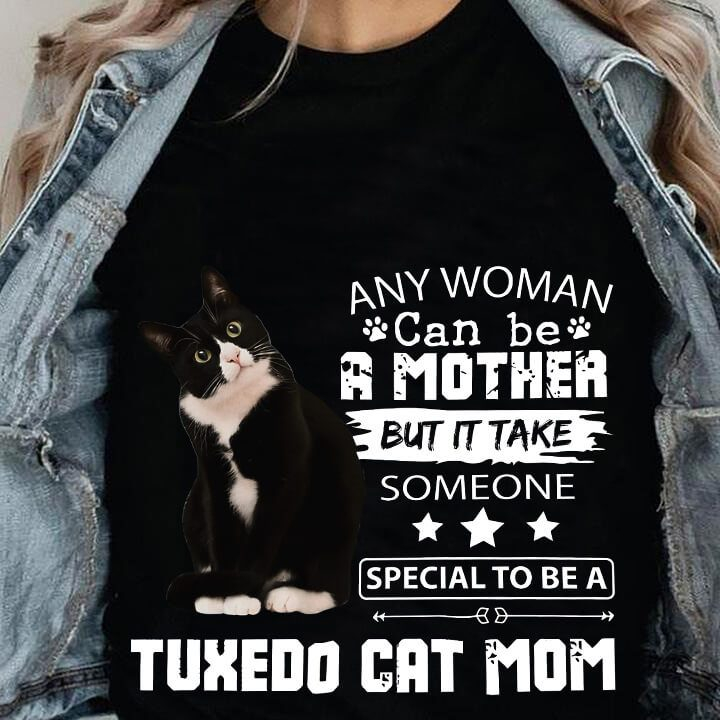
Table of Contents
- Introduction
- History and Characteristics of Tuxedo Cats
- Personality Traits of Tuxedo Cats
- Caring for Your Tuxedo Cat
Introduction
Tuxedo cats, with their distinctive black and white coat patterns, have captured the hearts of cat lovers around the world. These elegant felines are not only known for their striking appearance but also for their charming personalities. If you are a proud owner or considering adopting a tuxedo cat, this comprehensive guide will provide you with valuable insights on how to care for your beloved pet.
In this article, we will explore the history and characteristics of tuxedo cats, delve into their unique personality traits, and offer practical tips on how to provide the best care possible. Whether you are a new cat parent or an experienced one looking to expand your knowledge about these beautiful creatures, this guide is for you.
History and Characteristics of Tuxedo Cats
Tuxedo cats, also known as “black and white cats” or “Jellicle cats,” have a long history that dates back centuries. Their distinctive coat pattern resembles a tuxedo, with black fur covering most of their body and white patches on their chest, paws, and sometimes face. This elegant attire has earned them the name “tuxedo cats.”
While the exact origin of tuxedo cats is unknown, they can be found in various breeds such as the American Shorthair, British Shorthair, Maine Coon, and domestic shorthairs. The genetic makeup responsible for their unique coat pattern is fascinating but complex.
Genetics of Tuxedo Cats
The genetics behind tuxedo cat patterns involve multiple genes interacting to produce the desired coloration. The primary gene responsible for black fur is called B (for black), while another gene called S (for spotting) determines where white patches appear on the cat’s body.
When both B and S genes are present in specific combinations, it results in a tuxedo cat’s characteristic coat pattern. However, variations can occur within this pattern due to other genetic factors at play.
Characteristics of Tuxedo Cats
Apart from their striking appearance, tuxedo cats possess several unique characteristics that make them stand out among other feline companions:
1. **Intelligence**: Tuxedos are known for being highly intelligent cats. They quickly learn new tricks or commands and enjoy interactive toys that challenge their mental abilities.
2. **Playfulness**: These felines have an innate sense of playfulness that lasts well into adulthood. They love engaging in games with their human companions or fellow pets.
3. **Affectionate Nature**: Tuxedos are often described as affectionate and loving cats. They enjoy cuddling with their owners and seek attention and physical contact.
4. **Social Skills**: Tuxedo cats tend to be sociable creatures, getting along well with other pets and even children. They adapt easily to new environments and can thrive in multi-pet households.
5. **Curiosity**: Like most cats, tuxedos have a natural curiosity that drives them to explore their surroundings. Providing them with stimulating toys or interactive play sessions can help satisfy this instinct.
Personality Traits of Tuxedo Cats
Tuxedo cats have a reputation for being friendly, outgoing, and full of personality. While each cat is unique in its temperament, there are some common personality traits often associated with tuxedos:
1. **Confidence**: Tuxedo cats tend to exude confidence in their demeanor. They are not easily intimidated by new situations or people.
2. **Playfulness**: These felines retain their playful nature well into adulthood, making them entertaining companions for interactive play sessions.
3. **Sociability**: Tuxedos generally enjoy the company of humans and other animals alike. They thrive in social environments where they can interact with others.
4. **Intelligence**: With their sharp minds, tuxedo cats quickly learn new tricks or commands when provided with proper training and mental stimulation.
Understanding these personality traits will help you create an enriching environment for your tuxedo cat that meets its specific needs.
Caring for Your Tuxedo Cat
Providing proper care is essential for the health and happiness of your tuxedo cat. This section will cover important aspects such as nutrition, grooming needs, exercise requirements, and healthcare considerations.
Nutrition and Feeding Tips
Feeding your tuxedo cat a balanced and nutritious diet is crucial for its overall well-being. Here are some tips to ensure your feline friend receives the right nutrition:
1. **High-Quality Cat Food**: Choose a premium cat food brand that provides complete and balanced nutrition for cats. Look for options specifically formulated for adult cats or kittens, depending on your tuxedo’s age.
2. **Protein-Rich Diet**: Cats are obligate carnivores, meaning they require a diet rich in animal protein. Ensure that the cat food you choose lists high-quality protein sources like chicken, fish, or turkey as the main ingredients.
3. **Avoid Overfeeding**: Obesity is a common health issue among cats, so it’s important to monitor their portion sizes and avoid overfeeding. Follow the feeding guidelines provided by the cat food manufacturer and adjust according to your cat’s activity level and weight.
Grooming Needs and Tips
Tuxedo cats have moderate grooming needs due to their short fur, but regular grooming sessions are still necessary to keep them looking their best:
1. **Brushing**: Use a soft-bristle brush or grooming mitt to remove loose hair from your tuxedo’s coat regularly. This helps prevent hairballs and keeps their fur clean.
2. **Nail Trimming**: Trim your cat’s nails every few weeks using specialized nail clippers designed for pets.
3. **Dental Care**: Dental hygiene is essential for maintaining good oral health in cats. Brush your tuxedo’s teeth regularly with a pet-safe toothbrush and toothpaste.
Common Health Issues
While tuxedo cats do not have any specific health issues associated with their coat pattern, they may be prone to certain conditions common among all domesticated felines:
– Obesity
– Dental problems
– Urinary tract issues
Regular veterinary check-ups, a balanced diet, and proper grooming can help prevent or manage these health concerns.
Q&A
**Q1: Are tuxedo cats more prone to certain health issues?**
A1: Tuxedo cats do not have any specific health issues associated with their coat pattern. However, like all cats, they may be prone to obesity, dental problems, and urinary tract issues. Regular veterinary care is essential for maintaining their overall health.
**Q2: Do tuxedo cats require special grooming due to their coat pattern?**
A2: Tuxedo cats have moderate grooming needs due to their short fur. Regular brushing and nail trimming are necessary to keep them looking their best. Additionally, dental care is crucial for maintaining good oral hygiene.
Common FAQ
**Q1: Are tuxedo cats a specific breed?**
A1: No, tuxedo cat refers to a coat pattern rather than a specific breed. Tuxedos can be found in various breeds such as the American Shorthair or domestic shorthairs.
**Q2: Can tuxedo cats get along well with other pets?**
A2: Yes! Tuxedo cats are generally sociable creatures and tend to get along well with other pets if properly introduced and socialized.
In conclusion, being a “Tuxedo Cat Mom” comes with its own set of joys and responsibilities. These elegant felines bring charm and personality into our lives while requiring proper care and attention in return. By understanding the history, characteristics, personality traits of tuxedos along with providing appropriate nutrition and grooming practices; you can ensure your beloved pet leads a happy and healthy life.
Remember that each cat is unique in its temperament; therefore it’s important to observe your individual cat’s needs closely while providing them love, affectionate, and a stimulating environment. So, embrace the role of a Tuxedo Cat Mom and enjoy the wonderful journey with your feline companion!
Beard Lives Matter – Show your support for beard enthusiasts!

Note: The images used in this article are for illustrative purposes only and do not represent specific tuxedo cats or products mentioned.

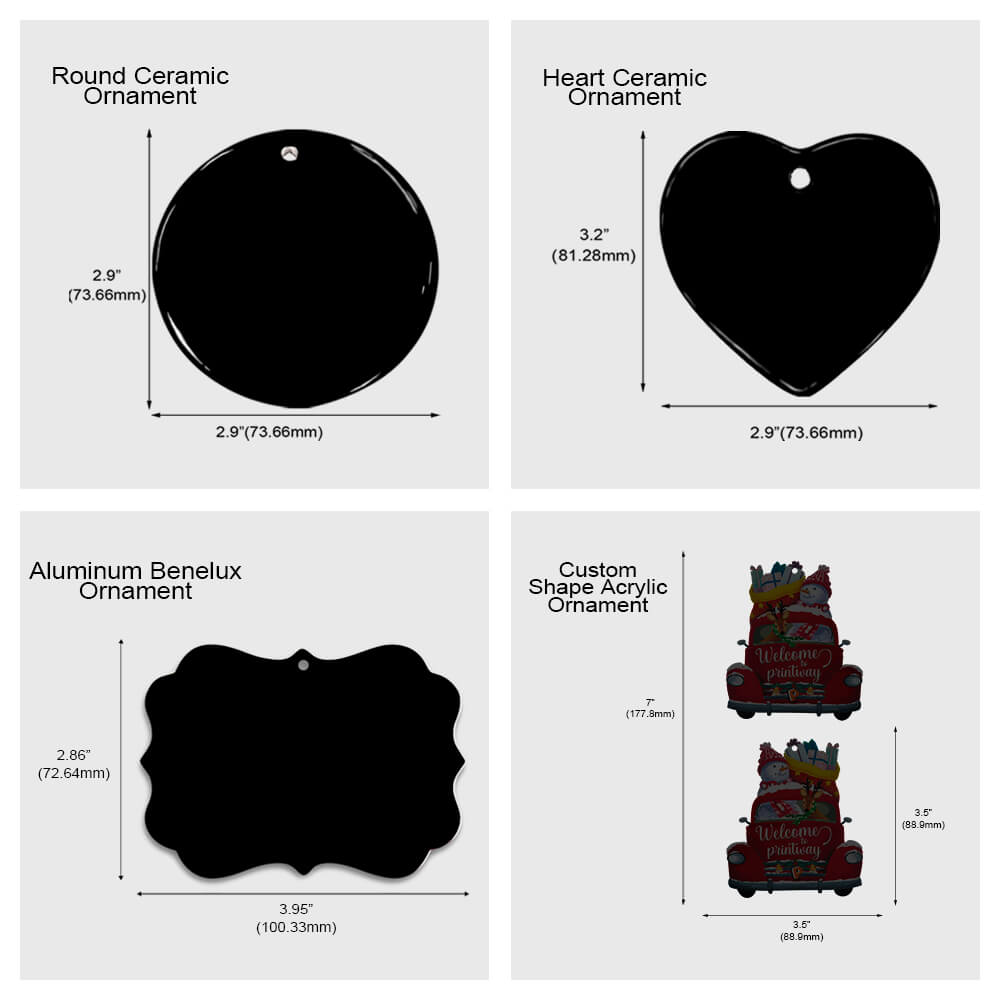
 [/accordion-item]
[/accordion-item]





 Proudly manufactured in the USA. Experience the exceptional quality and craftsmanship that comes with American production.
Proudly manufactured in the USA. Experience the exceptional quality and craftsmanship that comes with American production.
